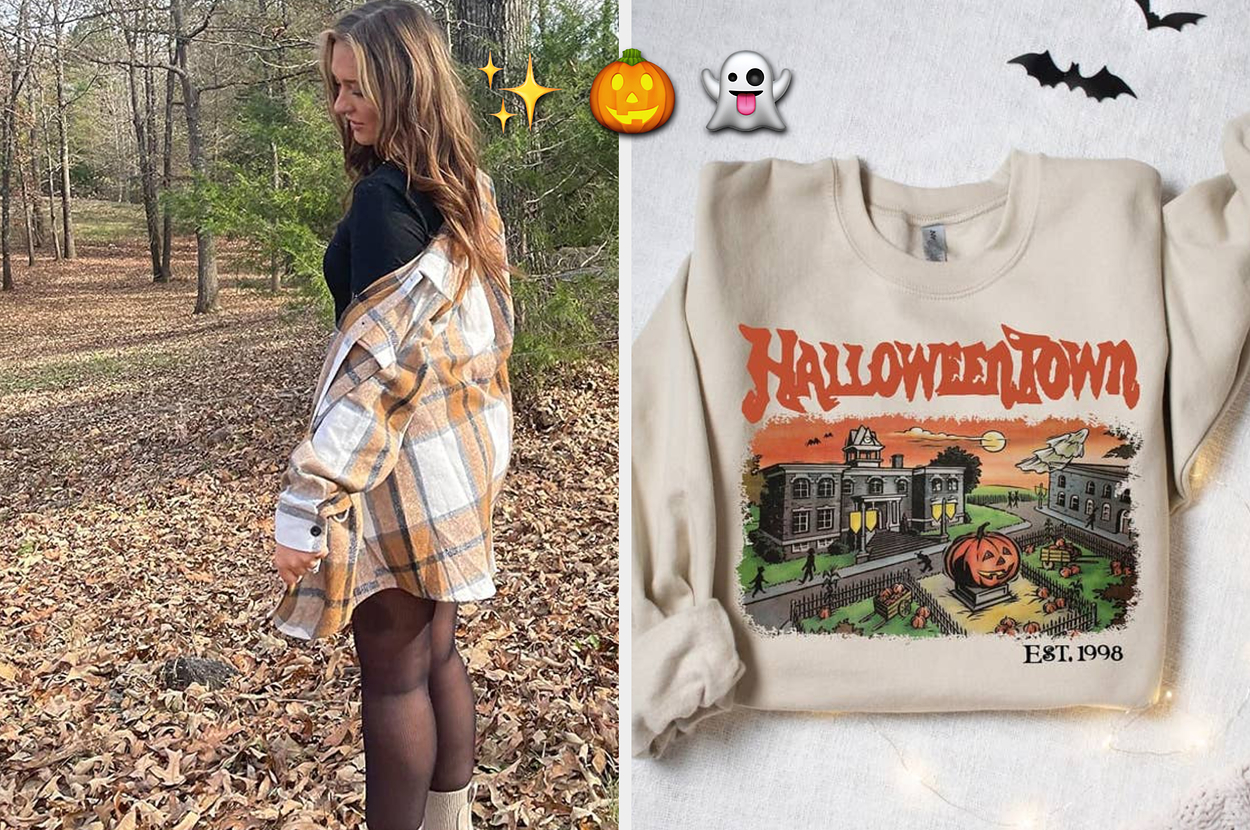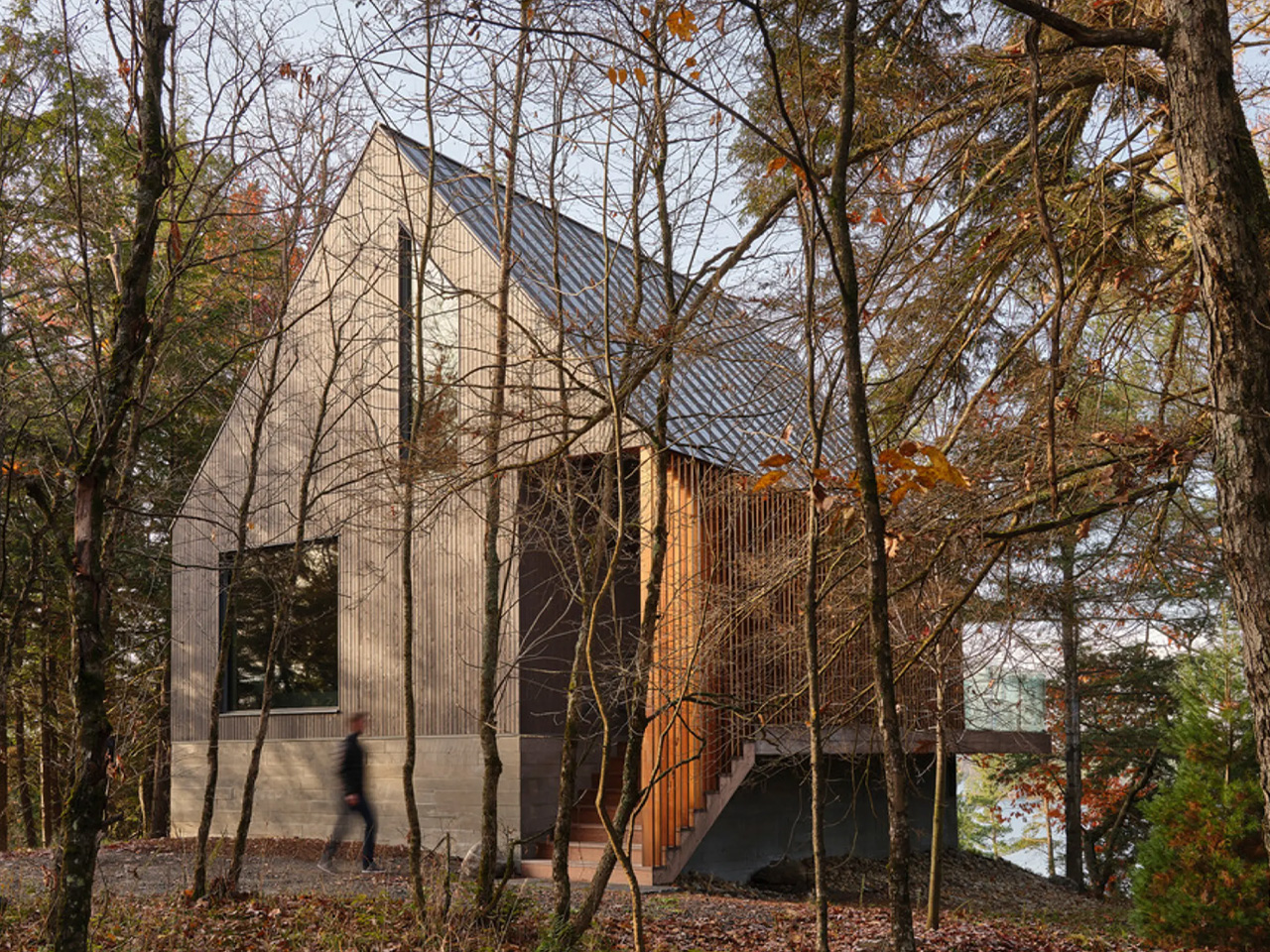Two years ago, a Pueblo man’s winning entry in the Colorado State Fair’s fine arts competition gained national attention, forced a change in competition rules and sparked heated debate about what art is, and what isn’t. Now, Jason Allen is battling the U.S.
Copyright Office in a effort to have his work protected. Allen’s submission, titled "Theatre D’opera Spatial,” took first place in the digital arts category of the fair’s 2022 art contest. But unlike the other entries, Allen’s piece was created using artificial intelligence — with an online program called Midjourney.

When Allen, pleasantly surprised at the outcome, posted the news of his victory on social media, the response was immediate, widespread, and passionate. “I’d gotten a lot of love – and a lot of hate,” Allen told The Gazette in an earlier interview. Because the art competition did not have any specific rules barring the use of AI, Allen’s victory stood.
But the following year, state fair officials required contestants to disclose if their entries were AI-generated. Last year, of the 55 entries in the “Digital Art/Digitally Manipulated Photography” category — which allows AI-generated artwork — 19 art submissions used an artificial intelligence software program, including Allen, who submitted a piece titled “Prisme Cubique.” Allen’s entry was displayed in the fine arts building, but did not win the 2023 contest.
In September 2022, Allen filed an application to have "Theatre D’opera Spatial” copyrighted and was denied. According to a letter from the U.S.
Copyright Office, obtained by The Gazette, Allen did not initially state in his application that the work had been created with the help of artificial intelligence, but “the Office was aware of the Work because it had garnered national attention for being the first AI-generated image to win the 2022 Colorado State Fair’s annual fine art competition.” The Copyright Office has since denied two subsequent appeals, citing a 2023 U.S.
District Court decision. In the case of Thaler v. Perlmutter, Stephen Thaler attempted to copyright outputs from an AI system that he developed and owned.
The court denied Thaler’s application, stating that copyrightable work needs to have “an originator with the capacity for intellectual, creative, or artistic labor. Must that originator be a human being to claim copyright protection? The answer is ‘yes.’” Allen contends that the copyright denial illustrates a common misconception about artificial intelligence programs.
“An AI program cannot create a piece of art of its own accord,” said Allen, who owns a tabletop game company. “It requires human interaction. There is human authorship involved.
(The Copyright Office is) not following the law, and we’re going to prove that.” According to Allen, he and his attorney, Tamara Pester, are taking their appeal to the 1 st District Court. “We’re done with the Copyright Office,” he said.
“Now we’re going into the court system.” Allen said he believes his case raises two essential questions: What is art? And if a piece doesn’t belong to the artist, whom does it belong to? Tara Thomas, director of the Bemis School of Arts at Colorado College, said the answers may not be clear-cut. “There was a similar debate at the beginning of photography,” Thomas said.
"Was it the camera, or was it the person taking the photos? Is the camera the artmaker, or is it a tool?” Allen said it took more than two decades for photography to gain acceptance as an art form. “We’re at a similar place in AI art,” he said. “Right now, there is a massive stigma surrounding AI, far more so than there was with photography, so the challenge is much steeper.
It is that very stigma that is contributing to the stifling of innovation. Why would anybody want to incorporate AI art into their workflow if they knew they couldn’t protect their work?” Trisha Fernandez, the State Fair’s fine arts coordinator, said in an earlier interview with The Gazette that, despite social media postings decrying Allen’s 2022 victory as a death knell for conventional art, the use of AI could broaden the possibilities of the medium. “I think that’s the beauty of art — that it’s always evolving,” Fernandez said.
“Art can be anything, and anything can be made into art.” For Wendy Foos, a Colorado Springs School District 11 art teacher, any artwork begins with human thought. “I’m of the opinion that, if you’re an artist, you’re expressing something from your own mind, your own heart,” said Foos, a regional representative for the Colorado Art Educators’ Association.
“When you just feed information into a computer, there’s no creativity that goes into that. The creative process is bypassed.” But Allen maintains that the work he has put into the piece, which included more than 622 text prompts, constitutes a creative process.
“I made the decisions, I gave the commands,” he said. “I’m clearly the author.” Allen said his experience, which started as an experiment with a then-unfamiliar technology, has turned him into an advocate for AI art and its creators.
The vitriolic responses to his contest win, and the copyright rejection, have only steeled his resolve. Artificial intelligence isn’t going anywhere, he said, and neither is he. “If you’re getting this much hate, you’re probably doing something right,” said Allen, who added that he has received death threats.
“It’s important for me to take this stance so that future AI artists will be able to protect their work.”.



















